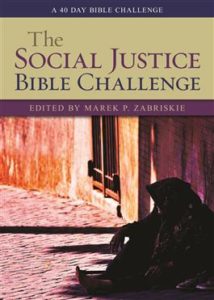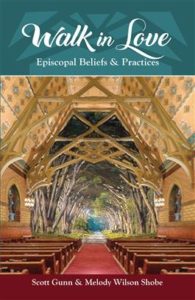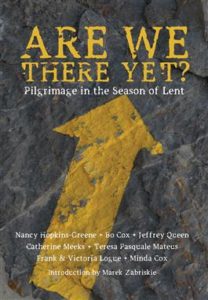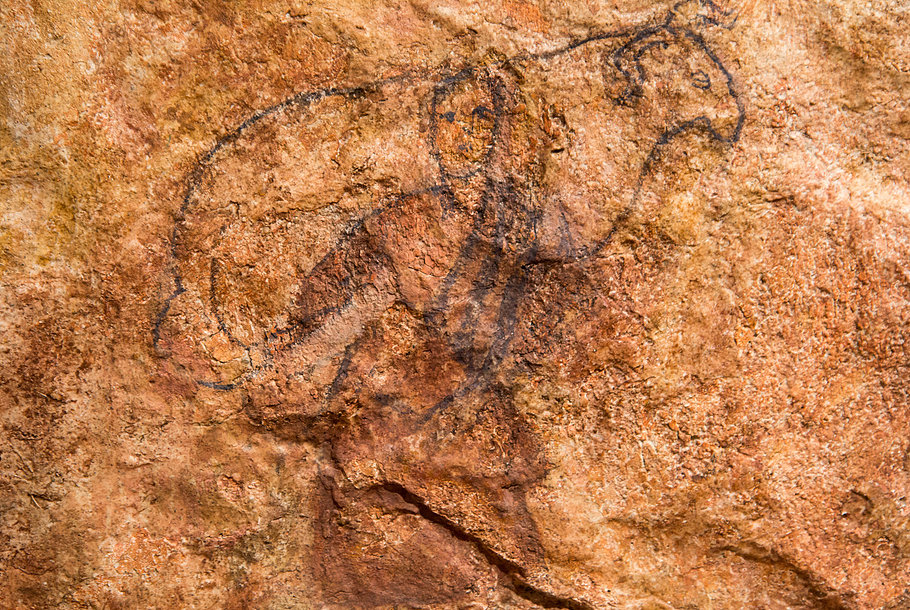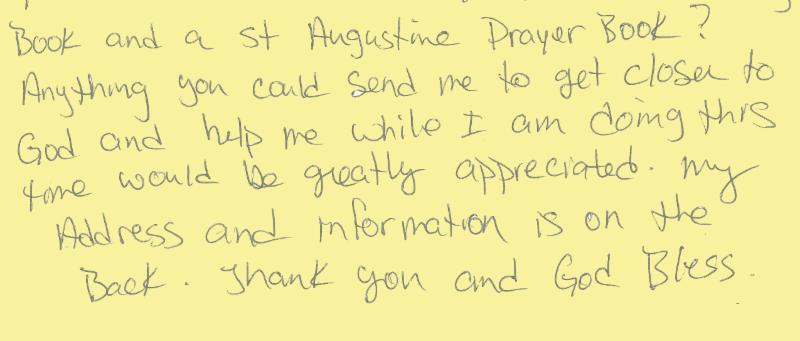The following interview with Charles LaFond is from the Spring 2018 issue of Odyssey, and was conducted by Miriam McKenney. You can find the whole issue here.
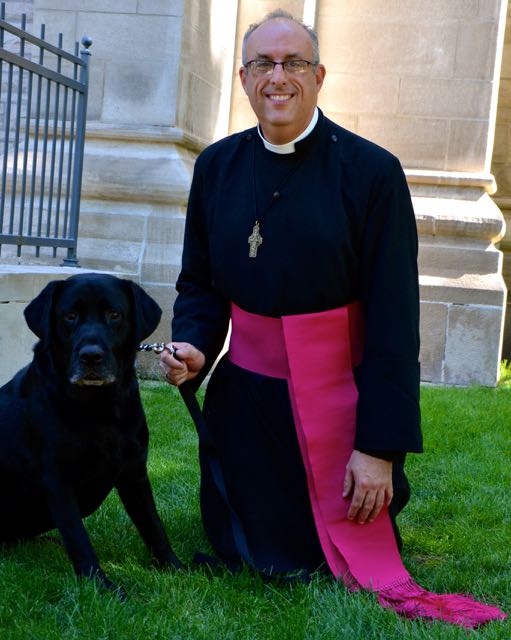
Charles LaFond believes that a Rule of Life is so important, everyone should write one. An ancient method for building soul memory, a Rule of Life offers reminders to ourselves of the person we hope to be. “It’s like a series of Post-it Notes stuck by my breakfast each day,” he observes. “Tuesday: Today, remember what you believe about rest. Wednesday: Today, remember what you believe about friendship. Thursday: Today, remember what you believe about money. A Rule of Life really works.”
Charles’s passion to share the powerful results a Rule of Life can bring led him to write Note to Self: Creating Your Guide to a More Spiritual Life. “I believe we each have a mini-monk or mini-nun, or some of both, inside us clamoring for this kind of structure and practice.” Read on to learn more about Charles, how he came to create his own Rule of Life, and why he’s so passionate about you living a better life through using your own personal Rule.
Why do people need a Rule of Life? How could writing one help me?
Hiking in the forest is a great love of mine and of my black lab Kai. It is so easy to wander off a path when hiking. Where I hike there are stapled ribbons on trees to mark the path. Let’s say I am on the blue trail; passing many other trails – red, yellow, white. My trail, the blue trail, curves ahead but I keep walking straight, neglecting to turn. Only by looking up and noticing the ribbons marking the trail are now red am I able to see that I am on the wrong path.
A Rule of Life is like those ribbons on the hiking trail – reminders of my pathway, the one that leads to where I want to go. Many people use New Year’s resolutions to establish a priority. They work for a while, but often they fade like smoke from a burned out fire. It would be like having trail markers on every tree for the first half mile and then forgetting to make the trail beyond that, without the markers along and at the end of the trail, the early ones are not much use in the long picture of the hike. The hiker is sure for a while, and then lost.
A Rule of Life is an ancient practice used by groups of people – Christians, Jews, people of all religions and of none – to codify their longings for their life and then to remind them daily of the markers on the pathway of their life so that they stay on their path and do not wander off onto other paths with other markers for other people.
My Rule of Life helps me by serving as a catalyst for me to think about my life. What thirty or so things, if I get them right most of the time, would set me on a path to a good life? Once I have that list, then what do I think about each one? What is my own vision that states my longing for a good life around that subject? Once these one-page chapters are written, how might I read one a day so as to remind myself every thirty days of these important longings I have for my life?
What made you decide to write a Rule of Life?
A light bulb went off in my head as a teenager touring the great British cathedrals. They were often founded and built as monasteries. I was always given a map of the cathedral complex when the docent took my money for my self-guided tour. And there, so often, on the map, was a “chapter house” or “chapter room.” When I visited that part of the cathedral complex I wondered why this round room existed. Why is it round? Why is it there when it is only used so occasionally? Why is it so rigorously and beautifully decorated? I learned that the monks and nuns wrote a Rule together and then each day they would go into a room, sit in a circle, and read, out loud, one chapter from this Rule as a way to remind them of what their hopes were for their life as a community and their work as a religious.
Over the course of thirty years I wondered: what if every one of us could write a Rule and read a daily chapter, or page, to help us maintain a road map when there are so many mismarked and dangerous roads out there in life? So, I wrote my Rule and then lived by it. I spent three years in a monastery, and decided to write this book to encourage others in imagining, writing and living by a Rule themselves.
When did you begin writing about a Rule of Life?
I began working with Rules and leading retreats on them in my seminary years, fifteen years ago. As I taught more classes and led more retreats on the subject, I began to outline the chapters of a book. Leading a diocesan retreat for clergy on the subject really enthused me and so I began to write in great earnest and finished the book in winter of 2017.
What was your favorite part of writing this book?
I loved the simple process of writing. I imagined one person – her name was Mikalia. I wrote the book as if I was writing her a letter in answer to the question she asked one day at a retreat: “Charles, how would I write a Rule of life?” I loved her question, so I wrote the book for her and for people like her.
Where did you go for inspiration?
As John Philip Newell says so beautifully in the foreword of the book, we get our inspiration from our time with God. We take all the hurts and wounds, questions and answers, ponderings and wonderings to God in our prayer time the way a person wears clothes into an event or the way a child brings a parent a treasure chest full of a frog and a string and a pebble. God then sits with us listening as we sit with God listening. Most days, the result is the indwelling of Spirit and the inner expansion and awareness of God.
What is your writing process like?
I write best in the morning. I rise, after carefully working to get 8 hours of sleep, at 5:00 am. I sit in meditation, then walk, and then write before going to work raising money for people experiencing homelessness. I try to average about 1,000 words per day.
Where do you typically write?
I move between three locations. I write at my desk, an old secretary owned by many members of my family from many years back. It has a case of my favorite books and they provide inspiration to me…Dickens, E. M. Forster, Trollope, Merton and others. I also work at a desk with a larger screen and in my reading chair. I write letters on a 19th century lap-desk that I tremendously enjoy for the ritual of pen, ink and paper.




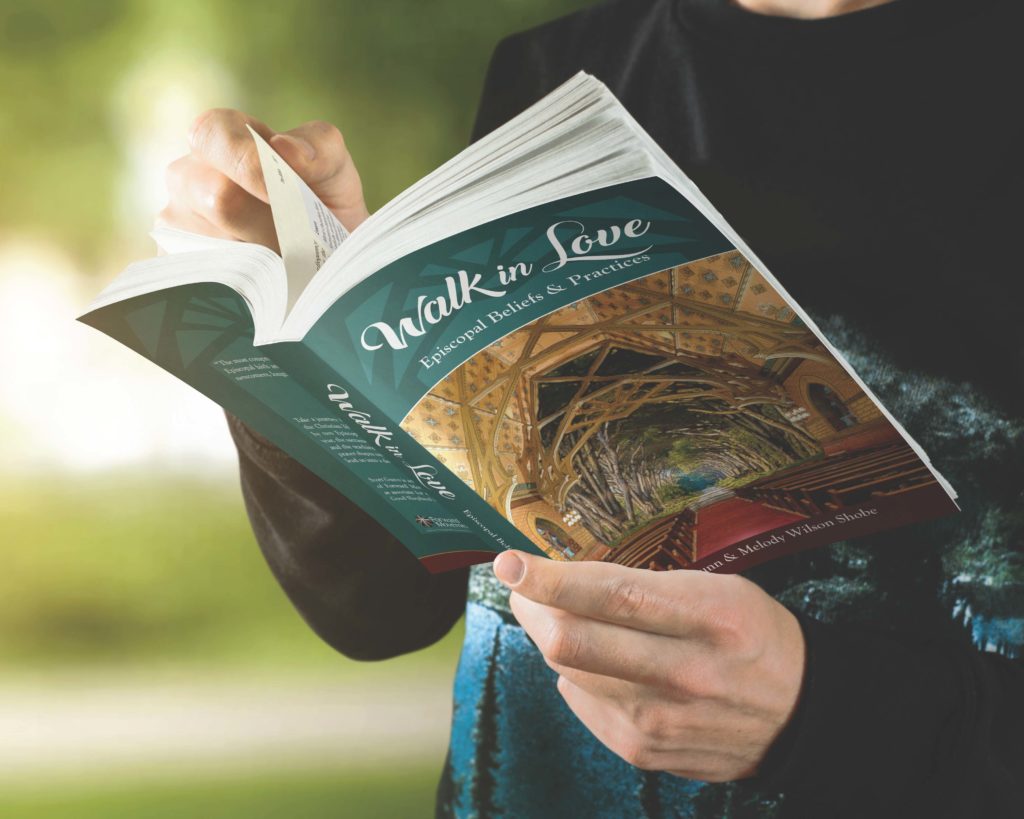
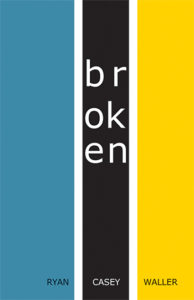 Broken
Broken